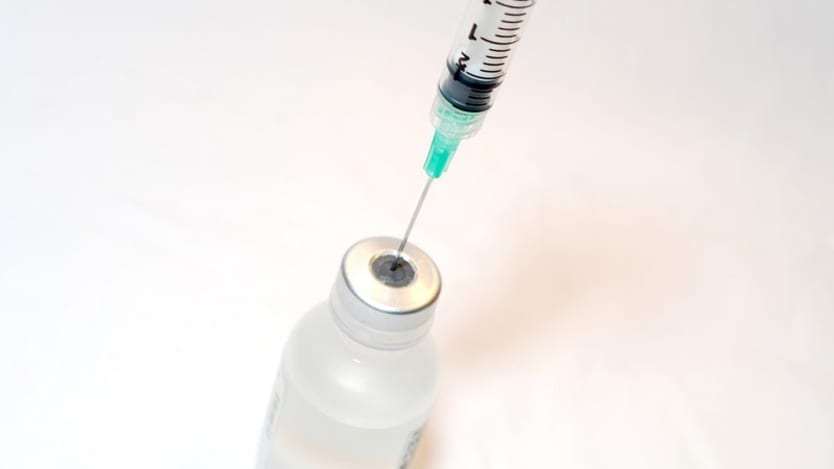
World Health Organization officials have called for caution as a number of countries consider administering coronavirus vaccine booster shots domestically while some high-risk populations in low- and middle-income nations have yet to be vaccinated at all.
The officials said there is no scientific evidence yet that boosters shots are currently needed.
Countries that have started or are considering providing such booster shots should “reconsider” and “maybe hold off thinking about this policy change,” said Dr. Ann Lindstrand, head of WHO’s Expanded Programme on Immunization, during a press briefing Monday.
She said the Strategic Advisory Group of Experts on Immunization is looking at evidence on the need for and use of booster doses. Currently, there’s not enough data pointing to their importance, she added.
WHO Chief Scientist Soumya Swaminathan said that while there’s been an increase in COVID-19 infections in some countries, WHO has not seen a significant rise in hospitalizations or deaths.
“A discussion of boosters at this point in the global pandemic is morally repugnant and scientifically misguided.”
— Tom Hart, acting CEO, ONE Campaign“It may well be that you need boosters after a year or two years. But at this point, after six months of the primary dose, there doesn't seem to be any indication” of a need, she said at the press briefing.
“We will make recommendations on boosters when we think that they are needed. It has to be based on the science and the data, not on individual companies declaring that ... their vaccines should now be administered as a booster dose,” Swaminathan said.
So far, four countries have announced booster programs, and a few more are mulling the move, she added. If 11 high- and upper-middle-income countries decide to give booster shots to their populations or subpopulations, an additional 800 million doses would be needed.
Discussions about booster shots for higher-income countries with significant levels of vaccination coverage have been particularly contentious, as many low- and middle-income nations continue to struggle in securing enough supplies to inoculate their high-risk populations.
“A discussion of boosters at this point in the global pandemic is morally repugnant and scientifically misguided. The idea that a healthy, vaccinated person can get a booster shot before a nurse or grandmother in South Africa can get a single jab is outrageous,” Tom Hart, acting CEO at the ONE Campaign, said in an emailed statement Monday ahead of planned talks between Pfizer and U.S. officials about the need for boosters.
Countries such as Thailand and the United Arab Emirates have unveiled plans to administer booster shots amid the spread of the delta variant, which was first detected in India. The aggressive variant has now been reported in over 100 countries and is fueling surges in cases in places such as Bangladesh and Indonesia.
Sign up for Devex CheckUp
The must-read weekly newsletter for exclusive global health news and insider insights.
Some vaccine manufacturers, such as Pfizer, have also started presenting regulatory authorities with data on the need for boosters of their vaccines. Pfizer last week announced plans to apply for regulatory approval for a booster shot of its vaccine in the United States.
But WHO Director-General Tedros Adhanom Ghebreyesus, in his opening remarks Monday, said those who have yet to receive any doses should be prioritized for vaccines.
“Instead of Moderna and Pfizer prioritizing the supply of vaccines as boosters to countries whose populations have relatively high coverage, we need them to go all-out to channel supply to COVAX, the Africa Vaccine Acquisition Task Team, and low- and low-middle-income countries, which have very low vaccine coverage,” he said.
The idea of a nation considering boosters as other countries have yet to start vaccinating is “seriously disappointing,” he added. “It doesn’t even make any sense.”

